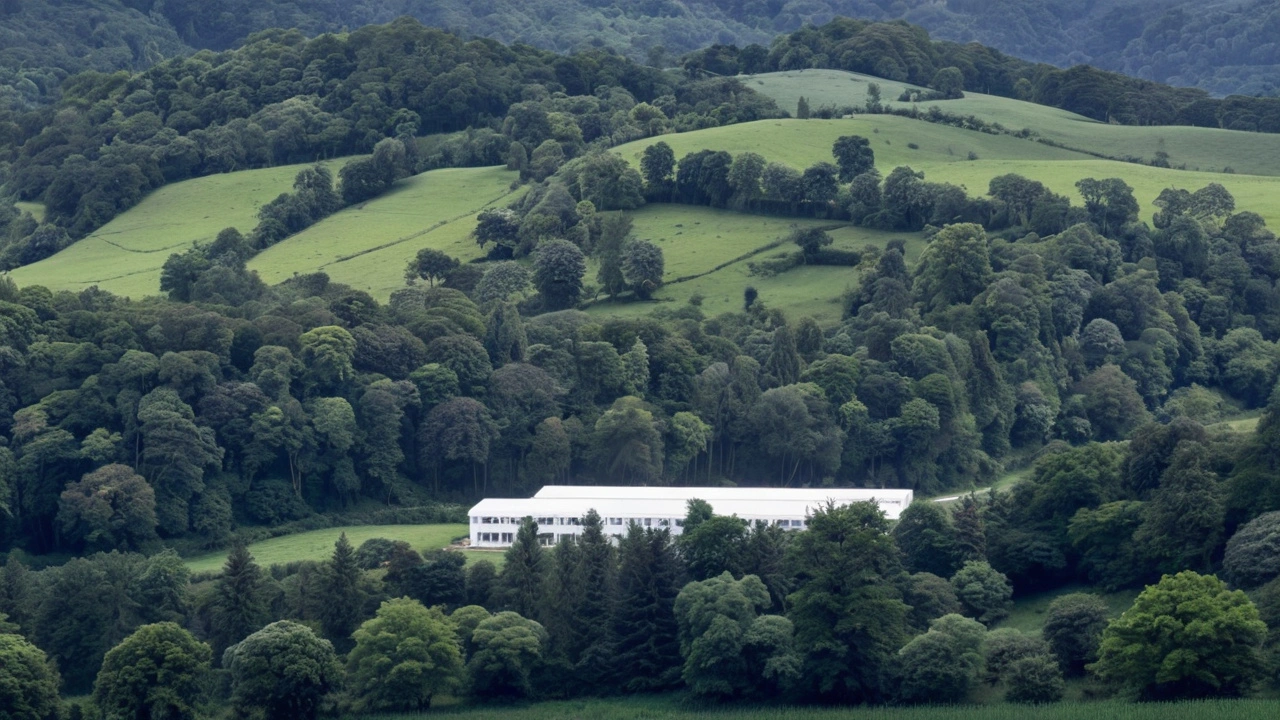Swine Farm Ban: Practical steps for farmers and communities
A swine farm ban can show up suddenly: a government order, a local zoning change, or emergency rules after a disease outbreak. If you run a pig farm, live near one, or work in food supply, you need clear, practical actions — not jargon. This page explains why bans happen, who decides them, and what you can do right now.
Why bans happen
Most bans come from three reasons: disease control, public health and land-use rules. African swine fever (ASF) is the big one. ASF spreads fast, kills pigs, and forces authorities to stop movement or close farms to prevent wider losses. Sometimes bans follow complaints about smell, water pollution, or neighbours pushing for zoning changes. Emergency bans tend to be time-limited; zoning bans are usually permanent until the council changes rules.
Officials aim to protect the wider herd and human health systems. That means quick action: culling, movement controls, or temporary shutdowns. If a ban is tied to environmental rules, it may require upgrades — better manure handling, buffer zones, or new waste permits.
What to do if a ban affects you
First, get the official notice. Read the legal text or ask the issuing agency for clarification. Notices often say whether the ban is immediate, how long it lasts, and what compliance steps are required. Keep copies of every document and every conversation.
If you’re a farmer, contact your local veterinary service and agriculture department right away. Ask about compensation, emergency relief, or stock testing. In many outbreaks, governments offer partial payments for culled animals or support for disposal and cleaning. Don’t assume compensation will arrive — apply and follow up in writing.
Improve biosecurity now. Simple, cheap steps work: limit visitors, clean boots and equipment, isolate new animals for two weeks, and control pigs’ access to outside feed or soil. Good biosecurity reduces the chance of repeat bans and is often required before reopening.
If you’re a neighbour worried about smell or pollution, report clear evidence to municipal environmental services: photos, dates, and any health impacts. Local authorities need records to act on long-term problems or to enforce permit conditions.
Think about short-term income plans. Farmers can switch feed to less risky sources, grow feed crops, or lease land for other uses while restrictions last. Look for training programs from agriculture agencies that help farmers move into poultry, horticulture, or value-added work like meat processing when feasible.
Finally, get legal or technical advice if a ban looks unfair or permanent. A local lawyer or agricultural extension officer can explain appeals, permit timelines, and the standards you must meet to apply for reopening. Follow official channels and keep calm — hurried reactions can ruin chances for aid or successful appeals.
For updates and stories about swine farm bans in Africa and beyond, check Continental Scout Daily at cmscout.co.za/tag/swine-farm-ban. We track policy moves, major outbreaks, and practical tips so you can stay informed and act smart.
An ecology panel has approved rule changes that establish a permanent ban on swine farm permits in the Buffalo watershed. The decision, made on July 27, 2024, aims to safeguard the environment and promote sustainability in the region.






